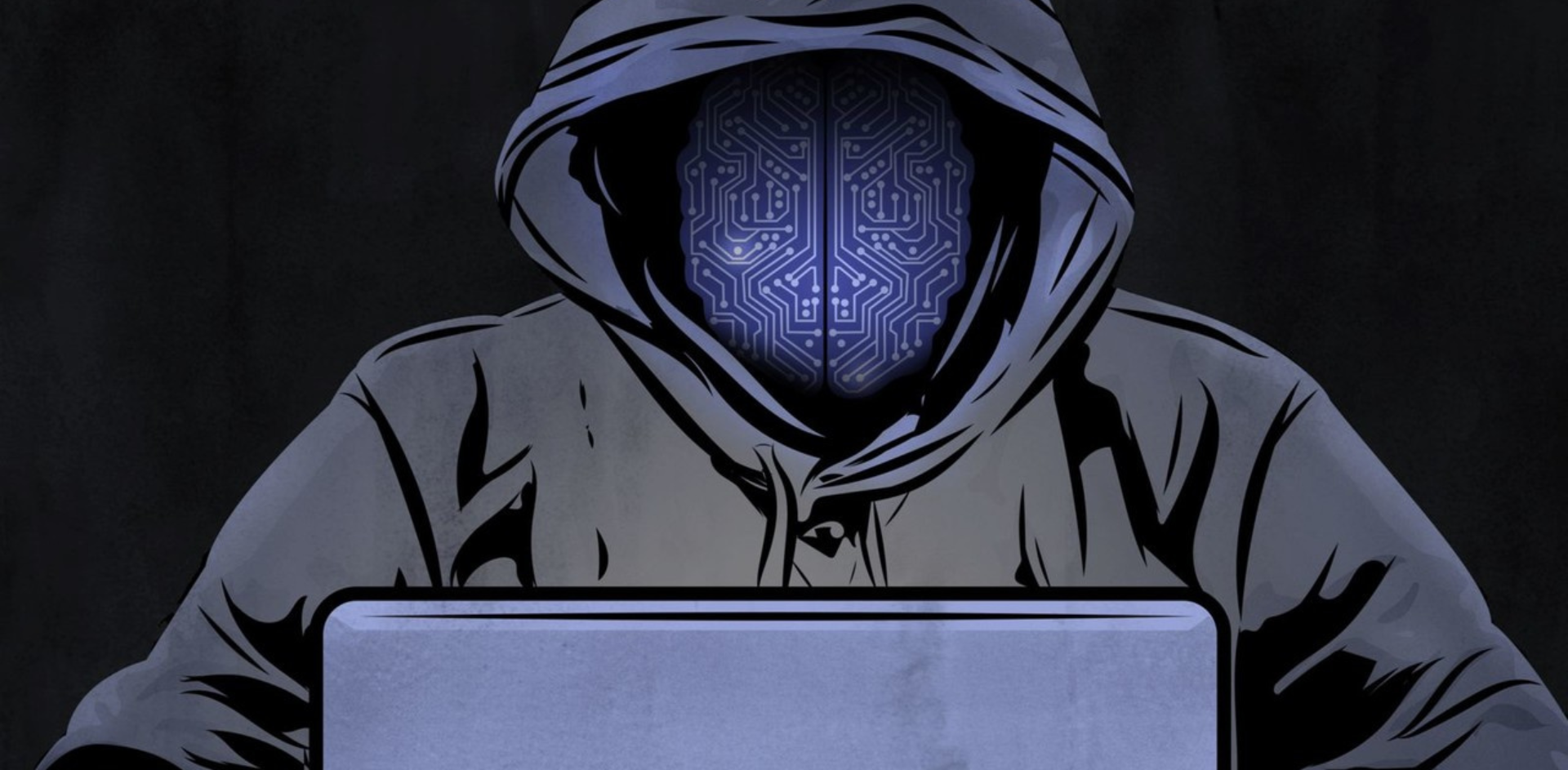Introduction
As the world becomes increasingly reliant on AI for a wide range of applications, from managing our finances to driving our cars, the potential for AI to be exploited for nefarious purposes has become a pressing concern. Hackers and cybercriminals are leveraging advancements in AI technology to target enterprises, manipulate public opinion, and wage cyberwarfare on an unprecedented scale. In this article, we will explore the dark side of AI, diving into how it is being used for blackhat purposes, and examine the worrisome implications of this emerging trend.
"Success in creating effective AI, could be the biggest event in the history of our civilization. Or the worst. We just don’t know. So, we cannot know if we will be infinitely helped by AI, or ignored by it and side-lined, or conceivably destroyed by it." — Stephen Hawking
Deepfakes and Impersonation
One of the most concerning applications of AI is the creation of deepfakes: realistic, AI-generated images, videos, or audio recordings that depict people doing or saying things they never actually did. These deepfakes can be used to impersonate public figures, spread disinformation, or manipulate public opinion. They can also be used for extortion, blackmail, and identity theft. As deepfake technology continues to improve, it becomes increasingly difficult to distinguish between real and fake content, making it an effective tool for cybercriminals and state-sponsored actors alike.
Cyber Hacking and Automated Hacking
AI and machine learning (ML) are transforming the way hackers operate. By leveraging the power of AI, cybercriminals can now develop self-adapting malware that can avoid detection and adapt to new security measures. Additionally, AI can be used to automate the hacking process, allowing attackers to launch large-scale, coordinated attacks with minimal human intervention. This level of automation not only increases the speed and efficiency of cyberattacks but also makes it more challenging for security teams to defend against them.
Social Engineering Attacks
Social engineering attacks rely on manipulating human psychology to gain access to sensitive information or systems. AI can be used to enhance these attacks by automating the process of gathering information about a target, crafting personalized phishing emails, or even impersonating trusted individuals through deepfake technology. By using AI to analyze vast amounts of data, cybercriminals can identify the most effective ways to manipulate their targets, increasing the likelihood of a successful attack.
AI-Generated Malware
Traditionally, malware has been developed by human programmers, but AI is changing the game. AI-generated malware can be created using machine learning algorithms that analyze existing malware samples, allowing the AI to produce new, unique variants that can evade existing security measures. This continuous evolution of malware poses a significant challenge to cybersecurity professionals, as it becomes increasingly difficult to detect and defend against these rapidly adapting threats.
Online Harassment and Manipulation
AI can also be weaponized to target individuals or groups through online harassment and manipulation campaigns. By automating the process of generating and disseminating abusive or offensive content, AI can amplify the scale and impact of online harassment. Furthermore, AI-driven bots can be used to manipulate public opinion by spreading disinformation, amplifying divisive content, and creating echo chambers that reinforce extremist views.
Conclusion
The integration of AI into our digital lives has brought many benefits, but it also comes with significant risks. As cybercriminals and state-sponsored actors continue to leverage AI for blackhat purposes, it is essential for governments, businesses, and individuals to be aware of the potential dangers and take proactive measures to protect themselves. By staying informed, investing in robust cybersecurity measures, and promoting responsible AI development and usage, we can mitigate the worrisome implications of blackhat AI and ensure a more secure digital future.
Leave a Reply
Do you like the new AI Bill of Rights?






